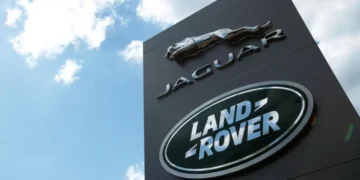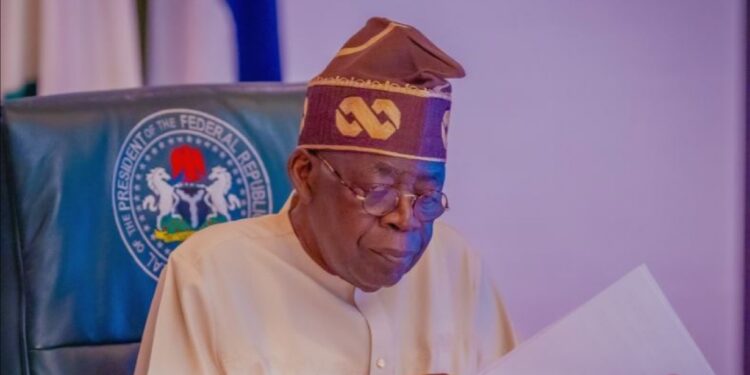By Enyichukwu Enemanna
The President of Nigeria has bowed to pressure to address citizens in response to widespread anti-government protests tagged #EndBadGovernance, which entered its third day on Saturday.
Opposition parties, including the Peoples Democratic Party (PDP) and civil society organizations had requested President Bola Tinubu to address the country after the demonstrations crippled commercial and social activities across the West African nation.
The Executive Officer (CEO), Centre for the Promotion of Private Enterprise (CPPE), Dr. Muda Yusuf had estimated that the nationwide protests against bad government may have inflicted a daily loss of N400 billion on the economy.
President Tinubu who has been at the centre of rallies against economic hardship and high living cost that have reverberated across Nigeria’s 36 states and the nation’s capital Abuja had remained silent instead speaking to citizens through appointees since Aug. 1 when the protests that have left dozens dead started.
The Nigerian leader will finally address over 200 million citizens on Sunday, August 4, 2024, at 7:00am, his spokesman Ajuri Ngelale said in a statement.
“Television, radio, and other electronic media outlets are enjoined to plug into the network services of the Nigerian Television Authority (NTA) and the Federal Radio Corporation of Nigeria (FRCN) for the broadcast.
“The broadcast will be repeated on the network services of the NTA and the FRCN at 3:00 pm and 7:00 pm on the same day,” Ngelale said.
Prices of food and basic commodities have soared in the last months, as Nigerians battle one of the country’s worst inflation rates and economic crises sparked by the government’s twin policies of petrol subsidy removal and unification of forex windows.
Propagated on social media, the #EndBadGovernance protests against economic hardship planned for 10 days witnessed a low in Abuja, the nation’s capital on Saturday as promoters insist that Tinubu meets their demands.
Some of the demands of the protesters include the restoration of petrol subsidies and the forex regime.
They also want the government to address food shortages, unemployment and wasteful spending by those in power.




































